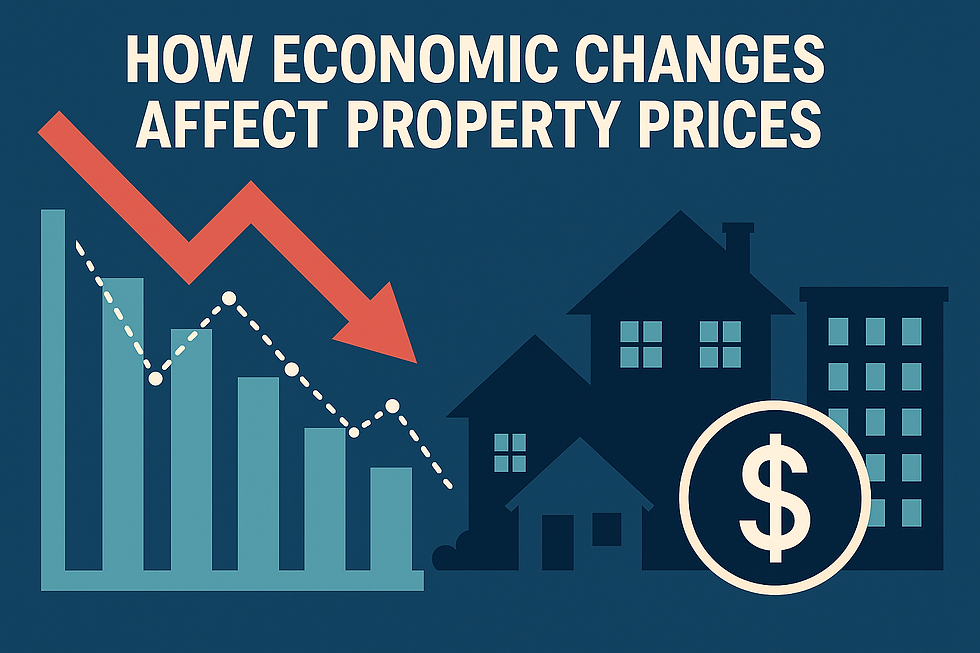The Future of Real Estate in Africa
- Digital Transformation
- Oct 15, 2025
- 2 min read


Africa’s real estate sector is poised for remarkable growth and transformation in 2025 and beyond, driven by rapid urbanization, population growth, economic expansion, and increasing foreign investment. These dynamics present vast opportunities for investors, developers, and governments to shape a thriving, modern property market that caters to a rising middle class and growing urban populations.
Urbanization and Rising Housing Demand
Africa is urbanizing faster than any other continent, with projections indicating that over half of its population will live in cities by 2025. This migration fuels demand for residential, commercial, and mixed-use developments.
Cities like Nairobi, Lagos, Accra, and Kigali are hotspots for real estate investment, benefiting from improved infrastructure and vibrant economies.
The surge in urban residents intensifies the urgent need for affordable housing. For instance, Lagos alone has a housing deficit exceeding 22 million units.
Investors focusing on prime urban locations can expect rental yields between 6% and 12%, showcasing lucrative returns from well-positioned assets.
Demographic Growth and Middle Class Expansion
Africa’s population is projected to reach 1.7 billion by 2030, with a rapidly expanding middle class expected to surpass 300 million people. This demographic shift translates into:
Increased demand for diverse housing options—from affordable homes to luxury apartments and modern commercial spaces.
Enhanced purchasing power drives interest in upscale developments with amenities, creating high-value investment opportunities.
Economic Growth and Infrastructure Development
Economic expansion averaging around 4% GDP growth annually between 2023 and 2025 underpins real estate demand. Governments and private sectors are investing heavily in infrastructure projects such as transport links, utilities, and urban renewal programs, boosting real estate market attractiveness.
Key projects like Eko Atlantic City in Lagos exemplify large-scale developments that promise commercial and residential growth, attracting foreign capital and diaspora investments.
Technology and Innovation in Real Estate
PropTech innovations—including digital property management, virtual tours, and blockchain transactions—are modernizing Africa’s real estate sector, increasing transparency, efficiency, and access for investors and consumers alike.
Conclusion: A Promising, Evolving Real Estate Landscape
Africa’s real estate market in 2025 is not just growing but evolving rapidly, driven by urban migration, demographic shifts, and economic momentum. The continent presents unparalleled opportunities for strategic investors focusing on sustainable, affordable, and tech-enabled developments. With the right investments and policies, African real estate is set to deliver significant financial returns and improve quality of life for millions.
For stakeholders, the key to capitalizing on Africa’s real estate future lies in understanding local trends, addressing affordability challenges, and embracing innovative solutions to meet diverse market demands.



Comments